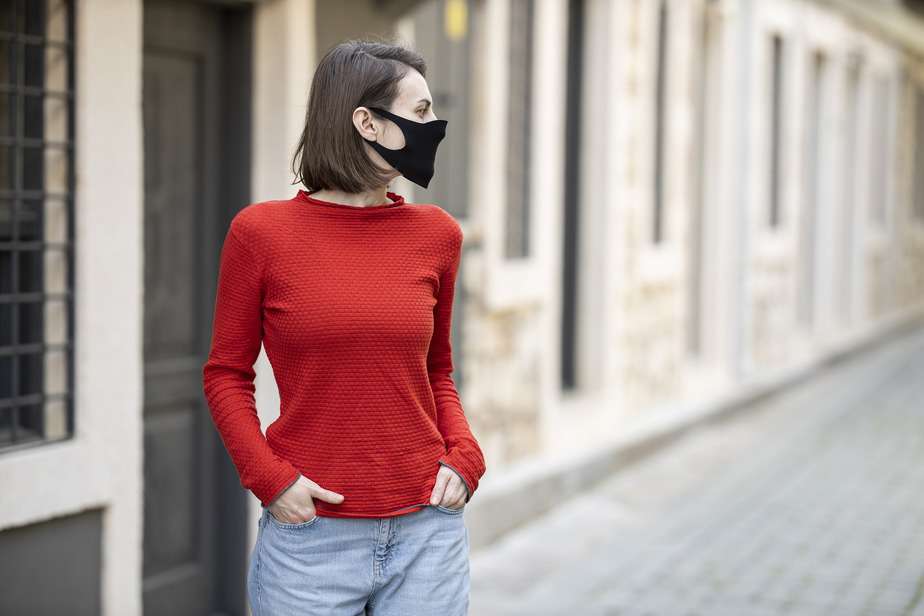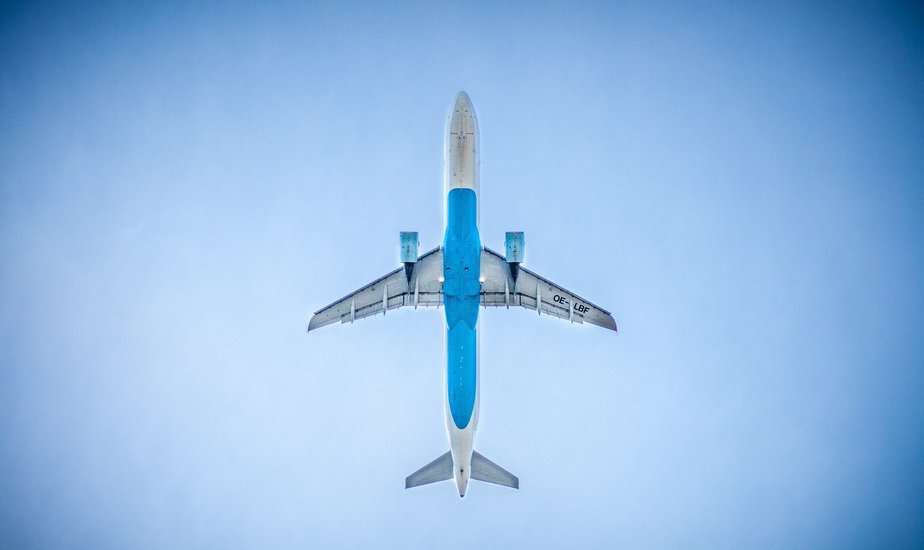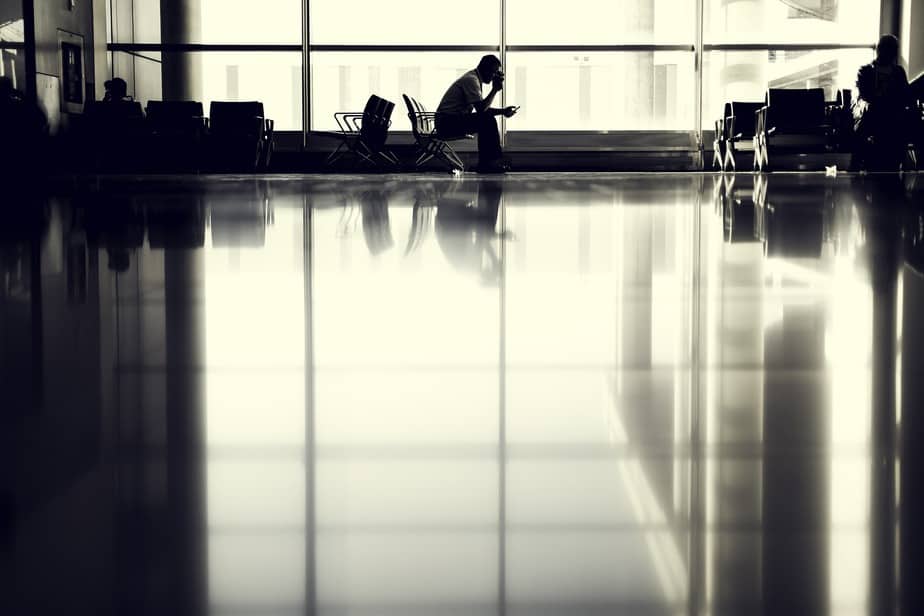At the moment, we do not exactly know when COVID-19 will truly be “over and done with.” A lot of people assumed that it would be behind us by now, but most of us accept that is still a pretty big risk of exposing ourselves to the virus if we don’t practice all the recommended safety precautions. However, many of us are looking at the possibility of traveling once the lockdown is over and done with. But what will travel look like and how should we prepare to both be as safe and organized as possible?

Planning Your First Post-COVID-19 Trip

Will you need additional paperwork?
This is one tip that we cannot fully go in-depth in at the moment, primarily because it’s uncertain whether or not there will be something like a COVID-19 vaccine developed at any point in the future. However, if there is, then it’s very likely that airlines are going to make it mandatory for their customers to have been immunized before they travel overseas. As such, keep an eye out on whether or not airlines require some proof of vaccination, such as from a doctor. Even if there is no vaccine developed, some may instead require proof that you can have been tested recently and been found virus-free before they allow you to board their plane and travel overseas.
Anticipate longer and stricter check-ins at the airport
When it comes time to actually set off, then it’s going to be worth taking a little extra time to get to the airport well in advance of the flight. This is always sound advice, given that you don’t know what hiccups might hold you back from boarding. However, post-COVID-19, airport security and check-ins are likely to get a lot longer and a lot stricter. For instance, many airports are installing heat-detecting cameras that may turn people away if they show the high temperatures associated with the earliest symptoms of the virus.
Know that every country will continue to have their own restrictions
At the time of writing, the state of COVID-19 across the globe differs pretty differently. Some countries have reported 0 new cases over the past week, while others are experiencing a “second wave” (or a second boom in a first wave that was never properly dealt with.) As such, when looking at how to fly during lockdown, you must make sure that you’re looking at information specific to both the country you are planning on traveling from and to. Some of them will only allow flights for nationals, others will specifically prohibit flights for the purposes of tourism. Don’t go planning any trips to any destinations before you know what that country’s stance is.

Be safe while traveling
It’s likely that tourism between countries is only going to be opened back up when those countries are relatively confident about the safety of its own people and those they allow in. However, that doesn’t mean that you should act as if the threat of the virus is entirely gone. When you’re traveling, make sure that you’re still following the COVID-19 safety precautions as best as possible. Avoid crowds, maintaining a distance of 6 ft as best as possible. Wear a mask or cloth face covering and avoid touching your face. Wash your hands regularly, making sure to wash them specifically if you touch any surfaces that you haven’t personally cleaned. This includes after you have finished eating, sneezing, or coughing, too.
Stick to an itinerary and research it
When it comes to vacations, normally we might follow recommendations to go off the beaten path and to allow ourselves to be flexible on how we spend our time, so long as we are being safe. However, at the moment, trying to improvise any parts of the trip could lead to a headache. There are a lot of places that may be open to tourism in the future, but might have particular restrictions on different tourist spots. For instance, theme parks are likely to follow strict social distancing policies for some time. You need to research the different stops and activities you plan on enjoying during your trip so you can make sure you set aside the time to enjoy them properly. If you try and go off-plan, you might find restrictions stopping you from fully enjoying yourself.
Choose services that prioritize safety
For the foreseeable, COVID-19 is a reality that the travel and hospitality industries are going to have to live with. We have already gone over how airports and airlines are likely to implement additional practices to keep their staff and customers safe. Hotels and other accommodation businesses are going to likely have to do the same, as well. When they start reopening, the onus will be on the traveler to check that they are doing everything to make their accommodation safe for them to use. When you’re looking at which hotels to stay at, make sure they have publicly stated measures to prevent the spread of COVID-19. This can include additional health and safety training for staff, stricter cleaning policies, and more.

Anticipate some anxiety
People who experience travel anxiety of any degree, whether it’s about flying, getting used to new places, or something else, are likely to feel it spike when traveling any time in the near future. Travel anxiety is, in general, an anxiety disorder that is by nature illogical. However, it can be affected by logical concerns, be they terrorist attacks, crime concerns, or the risk of falling sick. As such, if you are traveling with someone who experiences travel anxiety, then be sure to take care of them and monitor how they are handling any trip you are going on together. You can help them with distractions, breathing exercises, and by talking about what to expect.
Expect costs to change
If you’re looking at the potential of taking a trip in the near future, you are going to want to build a budget to help pay for it. However, looking at past vacations or even current prices for what flights are open may not be the best way to get an accurate idea of what the costs might be. A lot of people in the travel industry anticipate the costs of flights, hotels, and the like are likely to experience a drop due to the fact that demand for travel is likely to be slow in returning. However, it is expected that the costs of travel insurance will increase exponentially, not only due to an increased risk of flight closures thanks to fluctuating travel restrictions, but also thanks to the increased risk of getting sick overseas.
People at higher risk may be grounded for a longer time
While we will all be expected to shoulder the responsibility of keeping travel safe in the future, it is likely that travel and hospitality services will be extra cautious to make sure they can’t be found liable. For instance, there may be a risk they can be found at fault if they allow people who are at a higher risk of developing severe symptoms to travel. As such, high-risk individuals, including people who are over 65, have serious health problems, or specific chronic health conditions may face additional travel restrictions. Even if these restrictions lift, those individuals should endeavor to be as careful when traveling as possible.